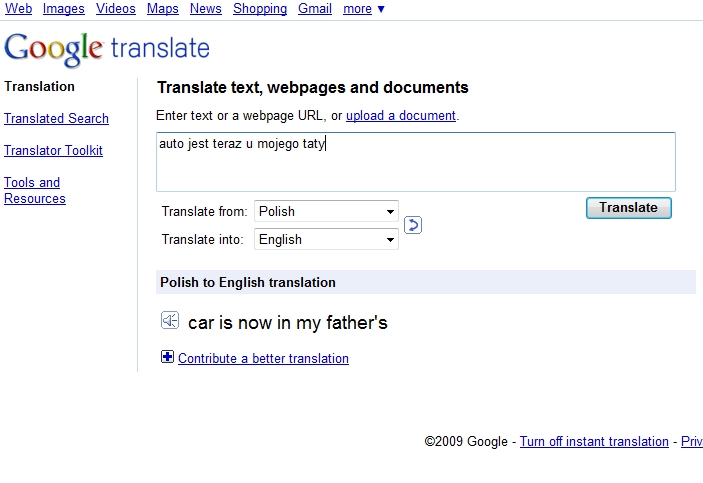Language /
iec conjugation [47]
This is really quite an interesting question. In the Polish language most infinitives end with -ć (and I really can't tell why some of them do end with -eć and others with -ać or -ść) but what I know is that only a few end with -c, (the ones in which a velar consonant 'k' or 'g' occurs in their conjugation) (for example: verb to be able to -
móc, I am able to -
mogę, to help -
pomóc, I help -
pomagam, to say -
rzec, he said -
rzekł). This rule became a standard due to phonetic changes made during the proto-Slavic and Old Polish periods. Temporarily, in the nineteenth century, the trend occured to change the ending -c into -dz so the forms listed above would be spelled
módz, pomódz, rzedz etc (Just like it happens with nouns, 'k' and 'g' changes into 'dz': leg - Nominative singular:
noga - Dative singular:
nodze; Nominative singular:
droga - Dative singular:
drodze etc). This tendency didn't last long and ended before 1918 since it was not justified in the historical development of the language - the infinitive's ending never goes into phonological alternation with the subject of the verb, this is how we know it is completely independent morpheme. Hence the standard of the nineteenth century was forgotten.
 PolishForums LIVE / Archives [3]
PolishForums LIVE / Archives [3]
